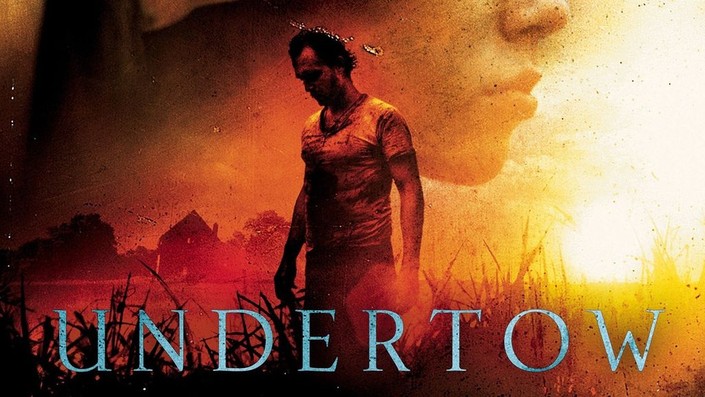Waiting for the Barbarians – A Haunting Meditation on Power, Empire, and Conscience
Waiting for the Barbarians, released in 2019 and directed by Ciro Guerra, is a quietly devastating political drama based on the acclaimed novel by Nobel Prize-winning author J.M. Coetzee, who also wrote the screenplay. Set in an unnamed colonial outpost at the edge of a vast desert, the film explores the corrosive nature of imperial power, the moral collapse of colonial systems, and the painful isolation of one man caught between justice and obedience.
The story centers around the Magistrate (played with quiet intensity by Mark Rylance), a gentle, reflective civil servant who has spent years governing a remote frontier settlement under the dominion of a nameless Empire. He lives a peaceful, orderly life, maintaining harmony with the local indigenous population — the so-called "barbarians." His worldview is upended when Colonel Joll (Johnny Depp), a sinister representative of the Empire’s secret police, arrives to investigate potential threats from the nomadic tribes.

What follows is a slow and chilling descent into paranoia, cruelty, and systemic violence. Joll brings with him the machinery of fear: arrests, torture, and false confessions — all in the name of security and preemptive control. The Magistrate, horrified by these brutal methods and their justification, begins to question the legitimacy of the Empire he serves. His efforts to help a tortured barbarian girl and return her to her people brand him a traitor, and he is eventually imprisoned and humiliated by the very system he once upheld.
The film is sparse in dialogue and heavy in atmosphere. Guerra emphasizes stillness, silence, and wide, desolate landscapes to mirror the emotional and philosophical void at the heart of the Empire. The cinematography, with its muted color palette and sweeping desert vistas, creates a sense of timelessness — as if this story could belong to any empire, any century. It's a world where moral clarity is slowly eroded by bureaucratic evil.
Mark Rylance delivers a deeply human performance as the Magistrate, embodying a man whose quiet conscience becomes unbearable in the face of normalized brutality. His internal struggle is subtle but powerful — he is not a grand rebel, but a decent man slowly crushed by an indecent system. Johnny Depp’s Colonel Joll is icy and methodical, a chilling symbol of the banality of evil, while Robert Pattinson, as Officer Mandel, adds another layer of blind obedience and cruel efficiency.

Waiting for the Barbarians is not a conventional political thriller. It is philosophical, slow-burning, and allegorical. It critiques colonial arrogance and the constructed idea of "the other" — how empires manufacture enemies to justify their own violence. There is no sweeping revolution or satisfying resolution, only the lingering question: who are the real barbarians?
In the end, the film serves as a haunting reflection on complicity, power, and the quiet courage of moral resistance. It is a minimalist yet powerful parable that remains chillingly relevant in today’s world of rising authoritarianism and cultural dehumanization. While its pacing may challenge some viewers, its message — and its emotional weight — is undeniable.


